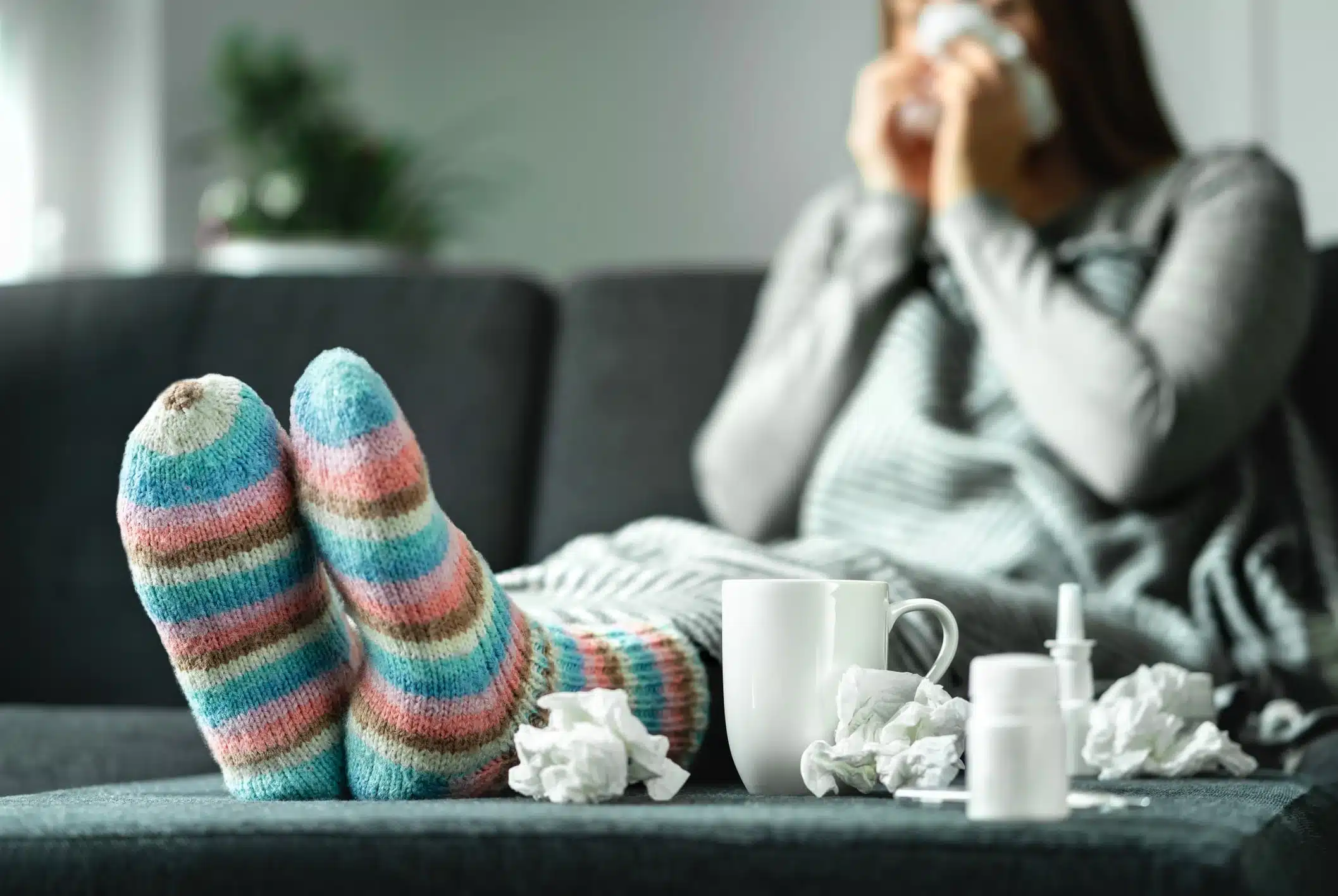
Addiction is classified as a medical condition because it intertwines with neuroadaptation — the body’s ability to function normally after a new substance is introduced. In regards to opioids entering the body, the body will begin to release different chemicals to counteract the drugs’ presence.
If you or a loved one are experiencing these symptoms and behaviors, call us or get in touch with one of our staff members today.

Opioids are a specific type of drug sometimes referred to as narcotics. Examples of opioids include hydrocodone, oxycodone, tramadol, strong prescription painkillers, fentanyl and heroin.
While some are illegal, such as heroin, others can be considered prescription opioids when prescribed by a health care provider to help treat severe or chronic pain. In this scenario, the opioids should only be taken in small doses for the amount of time prescribed.
However, for both legal and illegal opioids, there is always a risk of opioid addiction or misuse. If someone begins misusing opioids, it means they are not taking the medications as their doctor instructed them to, or someone is taking prescription drugs prescribed to another person.
Addiction is a chronic brain disease that causes an individual to actively use drugs, even if they are aware of the harm these substances cause.
When someone misuses opioids, the result is the release of chemicals called endorphins, which are feel-good hormones that elevate positive feelings and happiness. These endorphins end up binding to opioid receptors in the brain, which throws off the body’s perception of pain.
However, they eventually will wear off and cause the natural production of the body’s endorphin production to gradually decline. The less your body produces endorphins can progress into a dangerous cycle of increasing the opioid dosage to reach an equal level of pleasure, satisfying cravings and the avoidance of negative withdrawal feelings. When one is chasing pleasurable effects at dangerous levels, they are susceptible to an opioid overdose.

Outpatient treatment is one of the best options for opioid use disorder, and it often involves a combination of medication, counseling and behavioral therapy. These substances are called Medication for Opioid Use Disorder (MOUD). These options are recommended since opioids directly interact with the body’s physiological functions.
Consulting with our qualified medical providers about opioid use disorder treatment is one of the most effective ways to understand substance use disorder, as they will be able to provide the necessary treatment to work toward long-term recovery.
At Middlesex Recovery, we provide patients with Suboxone®, which is buprenorphine. Suboxone® helps reduce withdrawal cravings and symptoms while restoring the balance of the brain circuits affected by addiction, leading to improved healing.
Buprenorphine, like Suboxone®, acts like an opioid inside a patient’s brain in that it goes to the same receptors. However, it doesn’t make the person feel high — it instead reduces their want to use the illicit drug and helps them avoid withdrawal symptoms. Your provider will help you determine if Suboxone® is the right medication for your treatment.
We also provide MOUD to ensure a comprehensive behavioral counseling approach. MOUD helps decrease opioid use and related issues, including opioid-related overdose deaths and the transmission of infectious diseases. It can also help improve social function and treatment retention.
Our providers can also ease the physical side effects that often come with opioid withdrawal. Within the first day of stopping opioids, the most common withdrawal symptoms include:
After that first 24 hours, withdrawal symptoms can grow in intensity and worsen before beginning to ease up after about a week. The initial discomforts that accompany stopping opioids can cause some to want to give up and return to using. However, our MOUD treatment program can help alleviate the side effects of withdrawal and reduce the risk of resuming substance use.

Many individuals find success in opioid use disorder treatment. However, it’s essential to remember that treatment will produce different results for each patient depending on many factors, including disorder severity and comorbidities.
Getting the proper treatment is essential because opioid use disorder can lead to numerous problems when left unmanaged, including overdose. It can also affect your relationships, work and responsibilities, decision-making and more.
Opioid use disorder also negatively impacts your health, raising the risk of death, injury, bloodborne diseases, a weakened immune system, absence of menstruation and so on.
